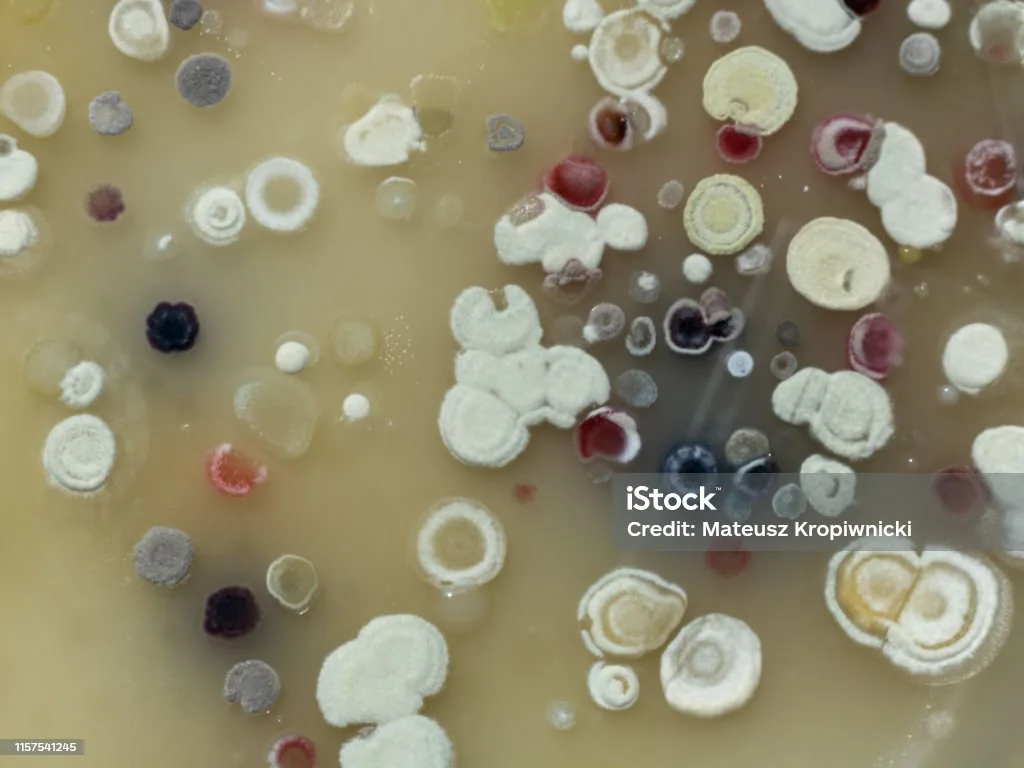Non-Sterile Compounding: Precision and Expertise in Pharmaceutical Preparation
Non-sterile compounding is a crucial aspect of pharmaceutical practice that involves the preparation of customized medications tailored to meet the unique needs of patients. This precise and specialized field ensures that individuals receive medications in forms, dosages, and combinations that are not readily available in commercial pharmaceuticals. In this article, we will explore the significance of non-sterile compounding and its role in modern healthcare.
Understanding Non-Sterile Compounding
Non-sterile compounding, often referred to as extemporaneous compounding, is the process of preparing pharmaceutical products in a controlled environment, typically a compounding pharmacy, to address specific patient requirements. These customized medications can come in various forms, including:
-
Oral Solutions and Suspensions
Custom-made liquid medications for patients who have difficulty swallowing tablets or capsules, require specific dosages, or need unique formulations.
-
Topical Creams and Ointments
Specially compounded creams and ointments to treat dermatological conditions, deliver pain relief, or address various skin-related issues.
-
Suppositories and Troches
Customized dosage forms for patients who may not tolerate oral medications or need specific drug combinations.
-
Flavored Medications
Pharmaceutical compounding allows for the addition of flavors to improve the palatability of medications, especially for pediatric and geriatric patients.
The Role of Compounding Pharmacists
Compounding pharmacists play a pivotal role in non-sterile compounding. They are highly trained healthcare professionals with expertise in pharmaceutical compounding techniques, dosage calculations, and medication compatibility. Their responsibilities include:
-
Patient Consultation
Listening to patients’ needs, concerns, and specific medication requirements to ensure personalized pharmaceutical solutions.
-
Formulation and Preparation
Precisely measuring and compounding medications according to the physician’s prescription and patient’s unique requirements.
-
Quality Control
Adhering to stringent quality control measures to guarantee the accuracy, safety, and efficacy of compounded medications.
-
Compliance
Following regulatory guidelines and standards to ensure the highest level of patient safety and product quality.
When Non-Sterile Compounding Is Necessary
Non-sterile compounding is often necessary when:
- Commercially available medications do not meet the patient’s specific needs or preferences.
- Patients have allergies or sensitivities to certain ingredients found in commercial medications.
- Dosage forms need to be adjusted to accommodate pediatric or geriatric patients.
- Physicians prescribe medications in doses or combinations not readily available in commercial products.
Ensuring Safety and Quality in Non-Sterile Compounding
In the realm of non-sterile compounding, patient safety and product quality are paramount. Compounding pharmacists and technicians adhere to stringent protocols and best practices to ensure that each compounded medication meets the highest standards of safety and effectiveness. Here are some key aspects of safety and quality assurance in non-sterile compounding:
1. Ingredients Sourcing
Compounding pharmacists meticulously source pharmaceutical ingredients and raw materials from reputable suppliers. These suppliers adhere to Good Manufacturing Practices (GMP) to ensure the quality and purity of the substances used in compounding. Ensuring the quality of ingredients is the first step in maintaining the integrity of compounded medications.
2. Compounding Environment
Compounding pharmacies maintain clean and organized workspaces to minimize the risk of contamination. While non-sterile compounding doesn’t require the same level of sterility as sterile compounding, a controlled environment with proper ventilation and sanitation is essential.
3. Precision and Accuracy
Compounding pharmacists and technicians are highly trained in accurate measurement and precise compounding techniques. Dosing errors are minimized through meticulous calculations and double-checking processes to ensure that each patient receives the correct dosage.
4. Equipment Calibration
Pharmacies that engage in non-sterile compounding regularly calibrate their equipment to ensure accuracy. This includes balances, mixers, and other compounding tools. Routine calibration checks help maintain consistency and quality in the final compounded product.
5. Quality Control and Testing
Quality control measures are rigorously implemented throughout the compounding process. This may involve conducting tests such as potency assays, pH measurements, and microbial testing when applicable. Regular quality assurance procedures help identify and rectify any deviations from established standards.
6. Documentation
Accurate and detailed documentation is a fundamental aspect of non-sterile compounding. Every step of the compounding process, from ingredient sourcing to final product labeling, is meticulously recorded. This documentation not only ensures accountability but also provides a traceable history of each compounded medication.
7. Compliance with Regulations
Non-sterile compounding pharmacies adhere to local, state, and federal regulations governing pharmaceutical compounding. These regulations exist to protect patient safety and maintain the highest standards of pharmacy practice.
Patient Education
Compounding pharmacists also play a vital role in patient education. They provide clear instructions on how to use and store compounded medications, as well as potential side effects and any special considerations. Patient counseling helps ensure that individuals can safely and effectively manage their health conditions with compounded medications.
Conclusion
Non-sterile compounding is a precise and highly regulated practice that serves a critical role in modern healthcare. It allows for the customization of medications to meet the unique needs of patients while maintaining a strong focus on safety, quality, and compliance with regulations.
The dedication of compounding pharmacists to patient care and their commitment to the highest standards of practice ensure that compounded medications provide safe and effective therapeutic solutions for patients who require customized pharmaceutical options. In the ever-evolving landscape of healthcare, non-sterile compounding continues to be a cornerstone of personalized medicine.







